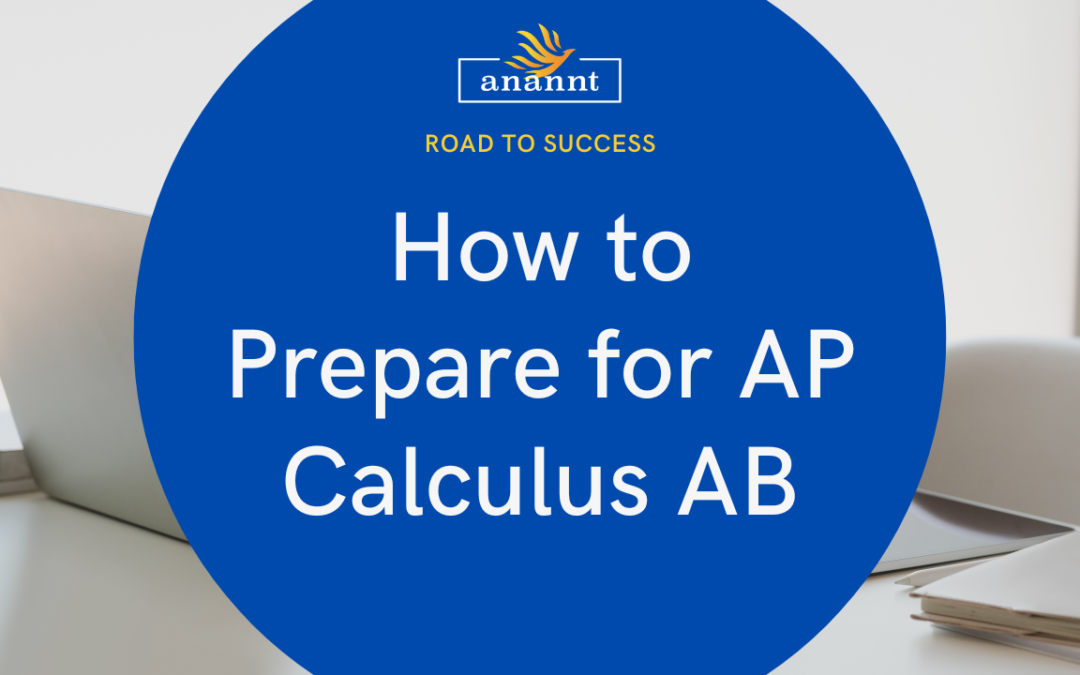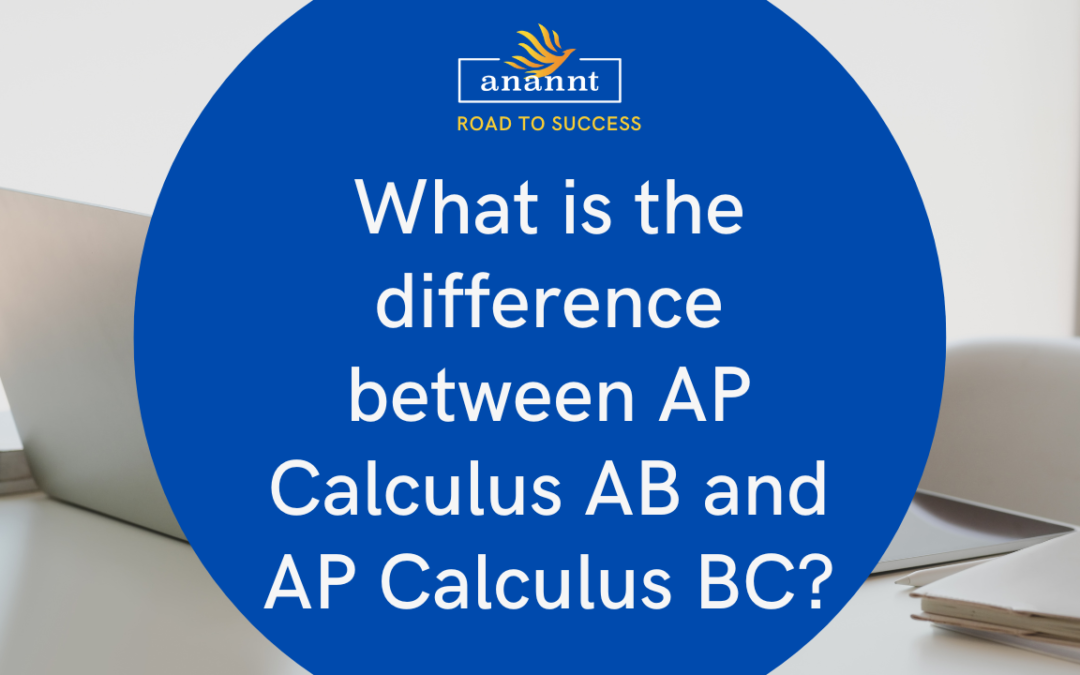
How to Prepare for AP Calculus AB
Hello, students and parents! Are you excited to dive into AP Calculus AB? This college-level course takes you on an adventure through calculus, focusing on how things change, the shape of curves, and adding things up. It’s perfect for high schoolers aiming for futures in science, engineering, or math. Let’s simplify this subject together.
Breaking Down the Course
Starting with Limits and Continuity
- First off, we explore limits. This is where your calculus journey begins, helping you understand the boundaries of functions.
- Then, we move on to continuity. It’s about figuring out when functions behave nicely without any breaks or jumps.
Diving Deeper with Differentiation
- Next up, we tackle derivatives. These are tools that help us understand how things change, which is super useful in math.
- After that, we expand your skills with implicit differentiation and related rates. This means you’ll be able to solve even more kinds of problems.
Applying What You’ve Learned
- Now, we apply theorems like the mean value theorem to solve puzzles and figure out when things reach their highest and lowest points.
- Also, we dive into solving real-world problems. This includes optimizing things to make them better and sketching curves to visualize problems.
Mastering Integrals
- Starting with integrals, we begin at the basics and then work our way up to the Fundamental Theorem of Calculus.
- Following this, we learn different ways to integrate, even when things get tricky with improper integrals.
Using Integration in Real Life
- Then, we use integration to calculate areas and volumes, showing how calculus helps us in real-life situations.
- Plus, we look at how to find the average value of a function, adding more tools to your calculus kit.
Exploring Differential Equations
- Lastly, we focus on differential equations. These are super important for understanding more complex math and engineering problems.
Getting Ready for the Exam: Tips and Tricks
- Firstly, make sure you’re solid with algebra and trigonometry. They’re the foundation of everything we’ll do in calculus.
- Secondly, go over all your course materials. It’s important to understand everything before the exam.
- Moreover, practice solving different types of problems. The more you practice, the better you’ll get. You can find lots of practice problems online and in your textbook.
- Additionally, use resources like Khan Academy for extra help. They have tons of videos and practice problems.
- Also, think about joining a study group or getting a tutor. It’s always helpful to study with others.
- Importantly, try out a practice exam. It’s a great way to see where you stand and what you need to work on.
- Lastly, remember to stay calm. A little nervousness is normal, but you’ve prepared for this. Make sure to rest well before the exam.
Wrapping Up: Your Calculus Adventure Awaits
Embarking on AP Calculus AB is the start of an amazing math journey. With hard work, lots of practice, and the right strategies, you’re not just preparing for an exam—you’re building skills for your future.
For a more in-depth exploration of our offerings, please visit our website Anannt Education and feel free to connect with us directly via WhatsApp for any queries or further information.


Recent Comments